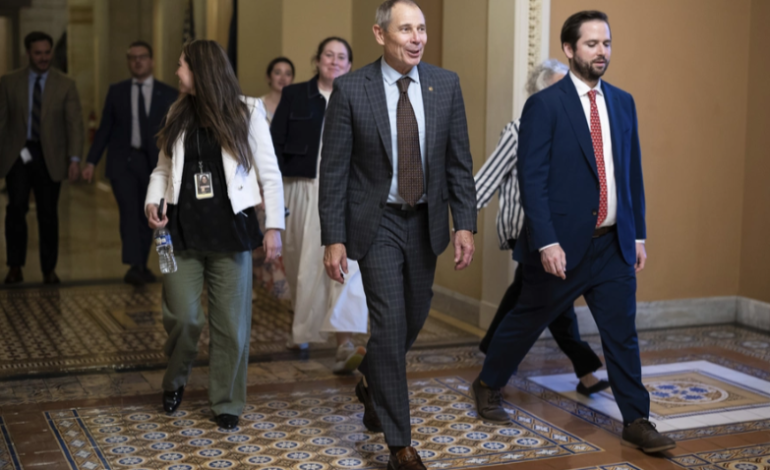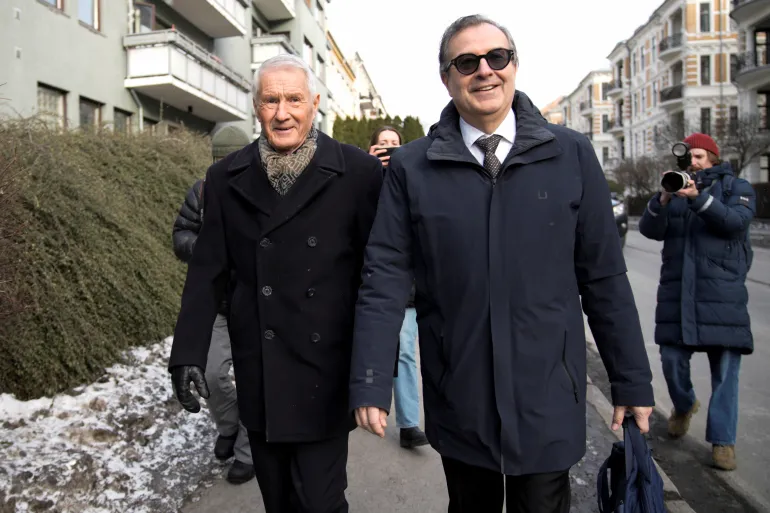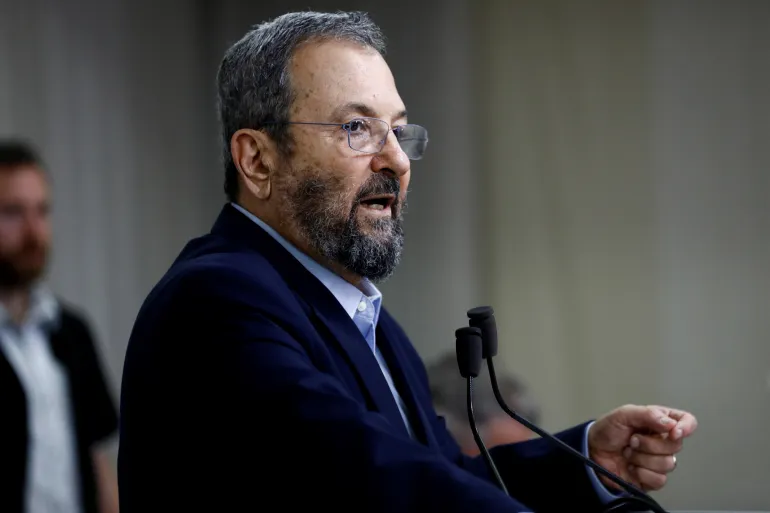Senate Compromise on Energy Tax Credits Eases Tensions, But Questions Remain

A last-minute compromise in the Senate’s sweeping budget bill has softened the approach to phasing out clean energy incentives, avoiding some of the most stringent measures sought by conservative lawmakers while still advancing Republican goals of curbing climate-related spending, Politico reports.
The legislation, which passed the Senate after extended overnight negotiations, notably omits a proposed excise tax on wind and solar energy projects and extends key construction deadlines for new renewable installations. The changes followed efforts by moderate GOP senators including John Curtis (R-Utah), Lisa Murkowski (R-Alaska), and Joni Ernst (R-Iowa), who argued that an abrupt pullback could jeopardize billions of dollars in investment and thousands of jobs — especially in Republican-led states that have benefited from clean energy growth.
“They pulled it off by phasing out the credits in an orderly way, not pulling the rug out from under investments that have already been made in the United States,” said Colin Hayes, a former Senate GOP energy staffer.
The compromise came as part of broader negotiations over a budget reconciliation bill aligned with President Donald Trump’s legislative priorities. While the bill still reduces support for clean energy, it avoids more punitive measures originally proposed, such as a foreign content-based excise tax and accelerated phaseout timelines for tax credits on wind and solar projects.
The final bill includes a one-year extension for projects to begin construction and a requirement that they be in service by the end of 2027 — a shift designed to prevent immediate disruptions in the industry. This accommodation was particularly important for lawmakers from wind- and solar-rich states, such as Iowa and Oklahoma.
“There was a real concern that we could devastate our own grid, our own economic growth, and raise utility prices for everyday consumers,” said Sen. Curtis. “That’s why it was critical to get this transition right.”
Clean energy advocates expressed cautious relief. Jason Grumet, CEO of the American Clean Power Association, said the removal of the excise tax and the extended timelines were “profoundly important,” even though the industry still opposes the broader rollback of clean energy incentives.
However, not all Republicans were satisfied. Hardline conservatives, including members of the House Freedom Caucus, have criticized the Senate’s changes. Rep. Chip Roy (R-Texas) called the compromise a “deal-killer of an already bad deal,” signaling potential tension as the House prepares to take up the legislation.
Democrats, meanwhile, have warned that the bill may reverse the progress made under the Inflation Reduction Act, arguing that reducing clean energy support could lead to higher energy prices and job losses — especially as electricity demand grows due to expanding technologies like artificial intelligence.
Sen. Brian Schatz (D-Hawaii) voiced concern that the legislation could delay or cancel projects already in development, saying:
“Prices are going to go up, there are going to be energy shortages, and it’s going to be the Republicans’ fault.”
Beyond the phaseout of incentives, the bill also includes language aimed at limiting the eligibility of foreign firms, particularly those from China, to benefit from US energy subsidies — an issue Republicans are likely to revisit in future legislation.









The latest news in your social feeds
Subscribe to our social media platforms to stay tuned